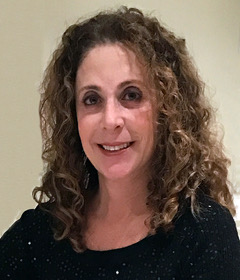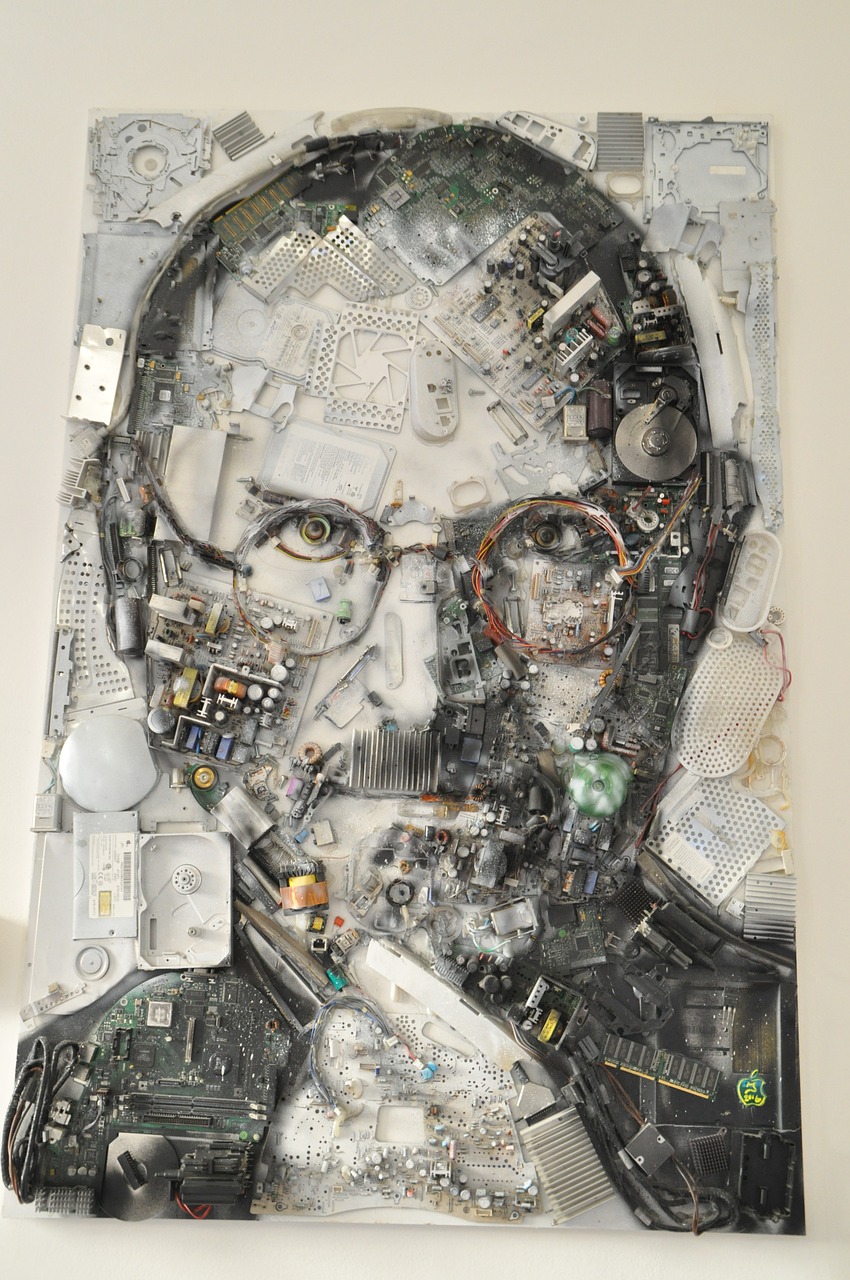By most people’s accounts of what makes a good father, Steve Jobs was not one of them. At least, not to his oldest daughter, Lisa Brennan-Jobs. According to reports, Steve Jobs initially denied he was her father, despite a paternity test confirming his parentage.
It would be understandable if Lisa grew up with feelings of anger, blame and resentment towards her father. After all, the parent-child relationship is a powerful influence in a child’s development, and a relationship void of warmth, sensitivity and consistency is associated with contributing to poor emotional adjustment.
But Lisa does not view herself as a victim. Instead of launching an attack of blame on her father, excerpts from her memoir Small Fry reveal acceptance and insight. How is it that some people are able to find an inner peace after being recipients of cruel behavior while others are chronically bitter? Perhaps the key to Lisa’s apparent optimism and resilience lies in the forgiveness she expresses for her father.
Forgiveness is powerful. It is the antidote to anger that builds within us when hurt by others. It helps us find the resilience to survive periods of conflict and personal distress.
We need to find forgiveness because the emotional energy we use to hold onto our negative, unresolved feelings is invisible yet destructive. If these hurtful feelings are left unresolved, we hand our personal power over to the person who inflicted the pain on us. We become chronic victims stuck in a quicksand of indefinite suffering, and at risk for a downward spiral in mental and physical health.
Not forgiving the offender can change our brains, and not in a good way. Bitterness will dominate our thinking, negatively impacting on our decision making process. Ruminating will keep us living in the past instead of moving forward. In time, our hearts can become heavy and we may start to resemble the individual who caused the pain. Worse, studies conclude that holding onto anger and unforgiveness can create hormonal imbalances and a weakened immune system, increasing our susceptibility to illness and disorders.
Forgiveness is hard work. It’s much easier to hold onto anger, which provides a veil of protection against feelings of vulnerability. But the time and energy required for working through the process of forgiveness is rewarded with the gift of a deeper understanding of both others and ourselves.
There is often some confusion about forgiveness. It’s not about cancelling the memory of the event. Remembering the event, while removing the intense negative feelings of hurt and desire for revenge, helps protect us from being hurt again. And forgiveness is not done because we are taught by parents or religious sermons that it is the right thing to do. Rather, forgiveness is exclusively about our own healing and rediscovering our peace of mind and happiness. Because it is our choice to forgive, we do so for ourselves, even when the offender does not deserve our forgiveness.
Steve Jobs made brilliant contributions to the world as co-founder of Apple, and as the saying goes, the apple does not fall far from the tree. His daughter, Lisa, has in her own way is making significant contribution to the well-being of people. By viewing her father as more than his flaws and finding compassion and empathy in their relationship, Lisa teaches us how to successfully reduce our anger from past hurtful events, experience the inner peace that comes with forgiveness, and live a life of greater harmony and satisfaction.


